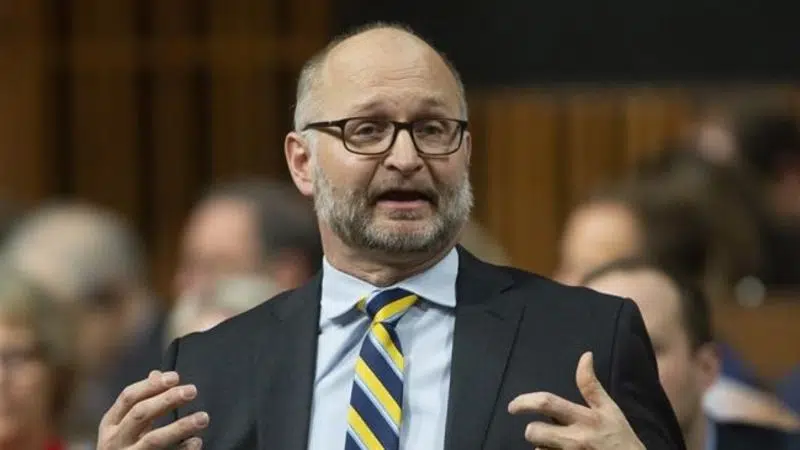
PM asserts full confidence in Wilson-Raybould amid ethics investigation
OTTAWA — Prime Minister Justin Trudeau welcomed Monday an investigation by the federal ethics commissioner into an allegation that his office pressured former attorney general Jody Wilson-Raybould to help SNC-Lavalin avoid criminal prosecution.
And while she has fuelled the controversy by refusing to comment on the allegation, Trudeau said he continues to have “full confidence” in Wilson-Raybould, whom he moved to the veterans affairs portfolio in January.
Moreover, he appeared to suggest she would have resigned from cabinet had she felt she’d been improperly pressured.


